Rohingya
October 10, 2021
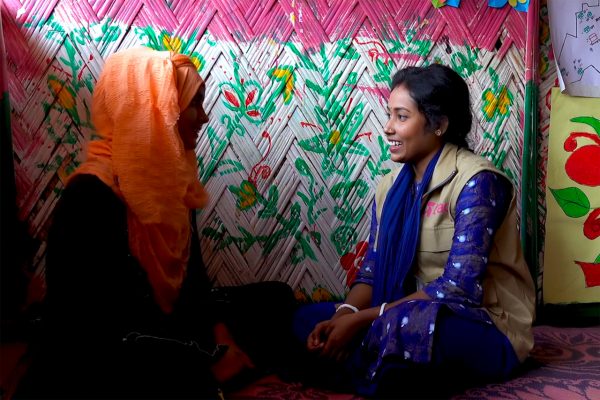
Published by Dr Nargis Islam at Oct 10 2021
Categories
As Bangladesh weathers the most challenging time of this generation - the COVID-19 pandemic - mental health and wellbeing has become more important than ever. BRAC is committed to enhancing community wellbeing through tackling stigma and increasing access to mental health services through culturally appropriate and compassionate approaches.
August 19, 2021
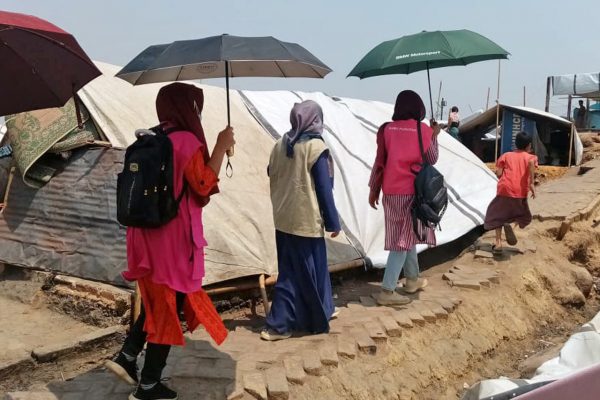
Published by Shaheen Nafisa Siddique at Aug 19 2021
The Rohingya population had to flee some of the worst forms of persecution when they left Myanmar in 2017. Since then, living in the world’s largest makeshift settlement situated at the edge of Bangladesh in Cox’s Bazar has meant facing new forms of challenges - floods, cyclones, landslides and fires - often adding to their losses and layers of trauma.
Shantir apa (sisters of peace) are leading a quiet revolution within the Rohingya camps. To help families strengthen their capacities to cope, they are ensuring an empathetic space to decompress and manage mental distress.
June 20, 2021

Published by Abdullah Al Rashed at Jun 20 2021
The COVID-19 pandemic created a crisis on top of a crisis in Cox’s Bazar, where almost a million people from the Rohingya community reside in makeshift camps. Here is a snapshot of how BRAC has been supporting the Rohingya and host communities in the region during the pandemic.
August 24, 2019
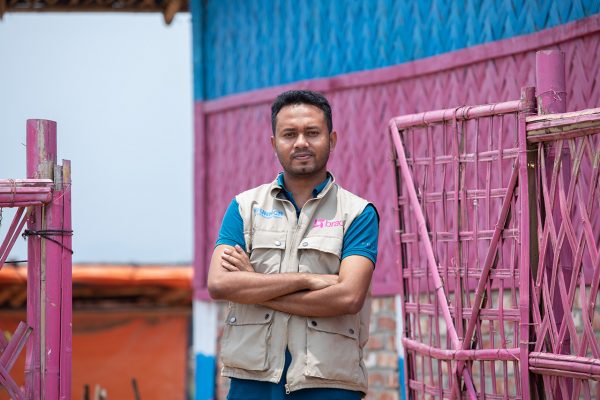
Published by BRAC at Aug 24 2019
Categories
A programme in the Rohingya camps in Cox’s Bazar is giving men and boys the skills and knowledge to make powerful changes to sexual and gender-based violence in their communities. Meet Jahidur Rahman, who is leading these changes.
November 20, 2018
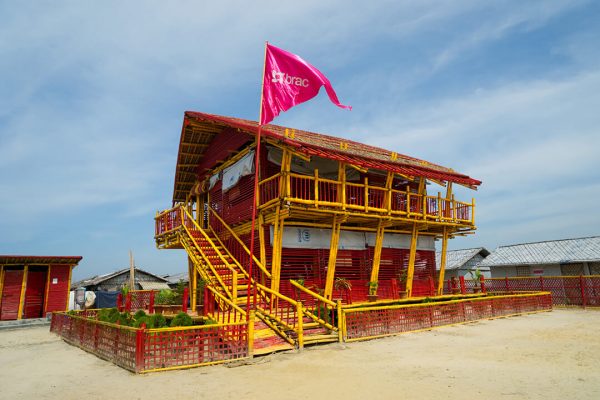
Published by Rashad Wajahat Lateef at Nov 20 2018
Categories
One year on from the latest influx of Rohingyas from Myanmar, the settlements in Cox’s Bazar, Bangladesh are sheltering nearly a million people. 500,000 are children. Our goal for 2019 is to ensure access to education for 100,000 children.
September 20, 2018

Published by Rajib Bhowmick at Sep 20 2018
Some said the children would die if they were given diphtheria vaccination. Some said they would become Christians if they took the shot. Others said women are not allowed to go out with their children for vaccinations, while some feared they would be reborn as a non-Muslim if they died after being vaccinated.
January 25, 2018
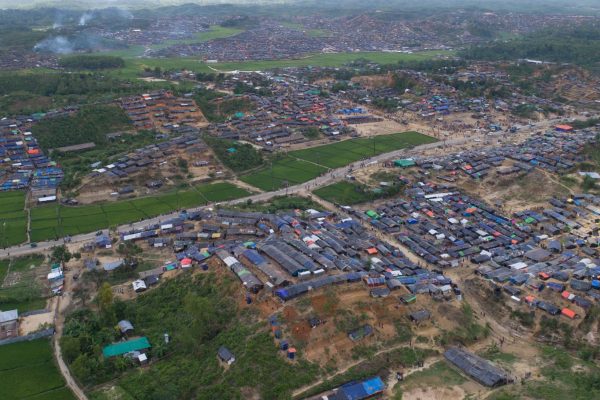
Published by Iffat Nawaz at Jan 25 2018
It is five months today since 688,000 forcibly displaced Rohingyas migrated to Bangladesh from Myanmar. BRAC has been on the ground delivering humanitarian support from two weeks after the influx began. To date, we have reached over 620,000 Rohingyas with critical services, making up the largest civil society response to the crisis.
January 23, 2018
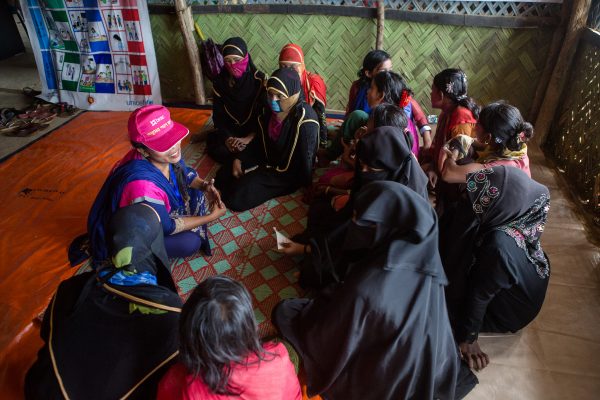
Published by Dibarah Mahboob at Jan 23 2018
A woman’s handbag seemingly contains a world of mystery. Her phone, keys, wallet, some tissue to wipe the nose, a sanitary pad just in case, maybe sunglasses, and receipts from the supermarket. But what does one carry in a crisis?
December 18, 2017
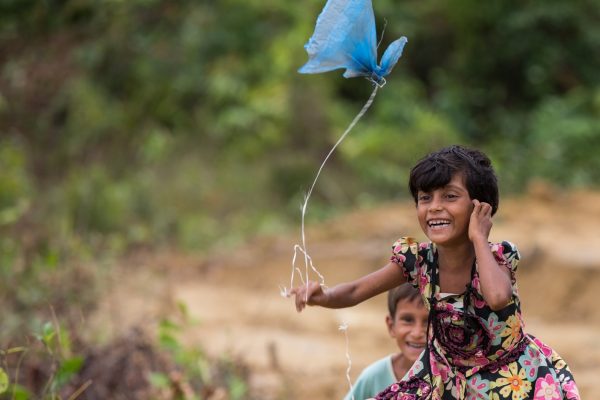
Published by Shariful Hasan at Dec 18 2017
People stretched as far as I could see. Young, old and every age in between, all standing in lines for hours to receive food. What most shocked me was the number of children. There were just so many of them. So many hungry eyes.
December 18, 2017
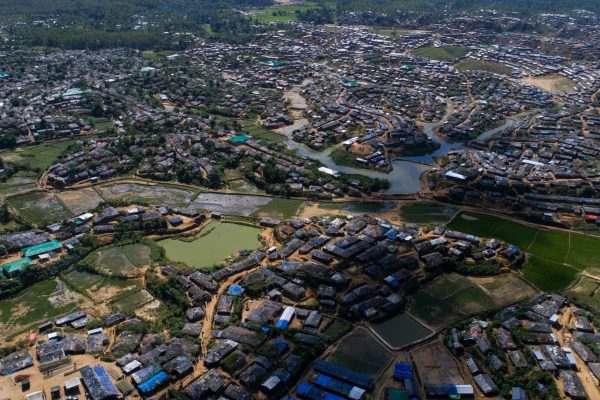
Published by Iffat Nawaz at Dec 18 2017
A diphtheria outbreak in the Rohingya makeshift settlements has killed 20 people as of December 17, 2017. With 1,500 suspected cases, the number is growing. The 656,000 Rohingya people who sleep every night without electricity, dream in the colours of recent trauma and wake up to uncertainty, cannot afford to be hurt further.

